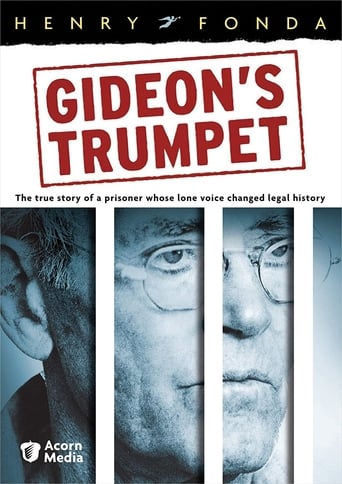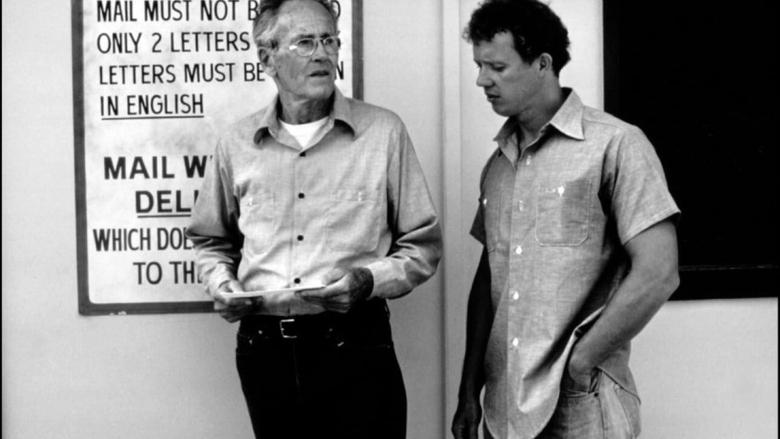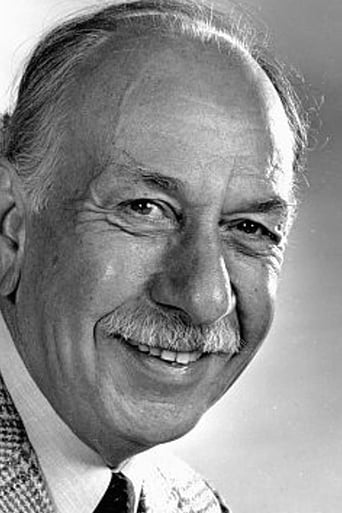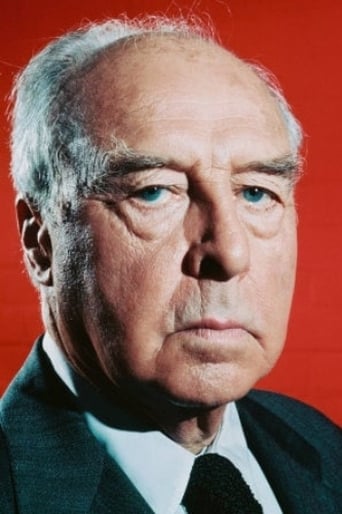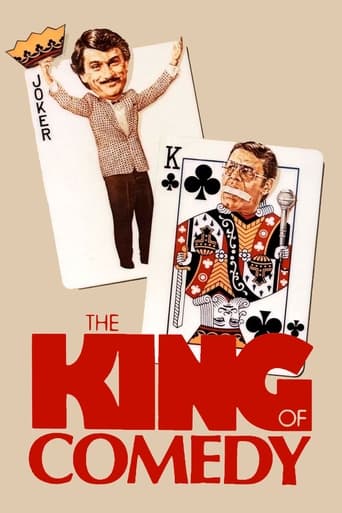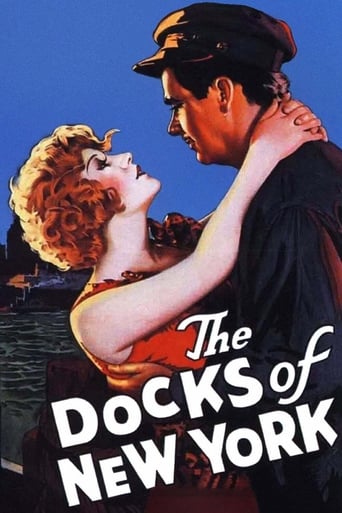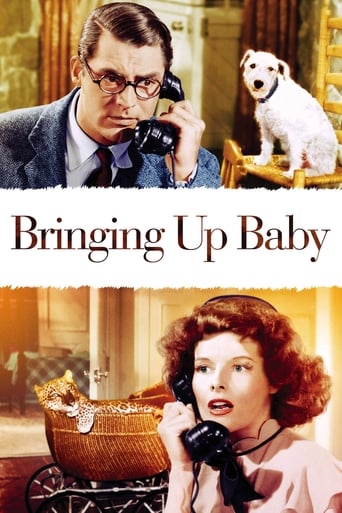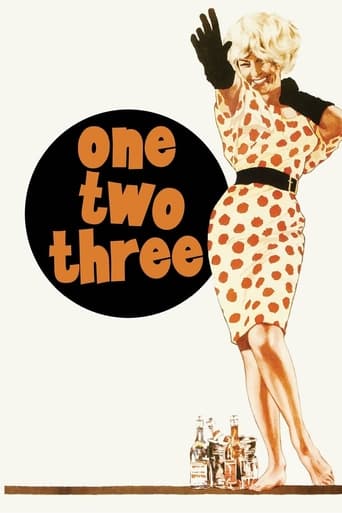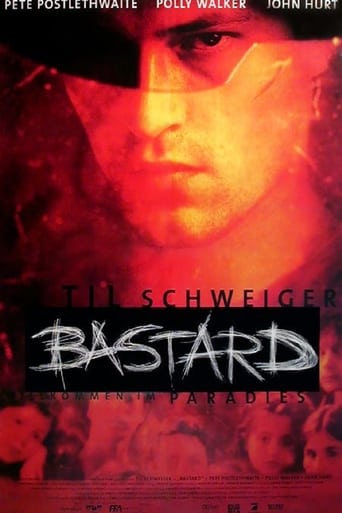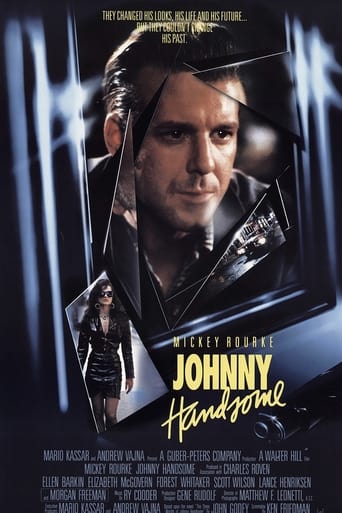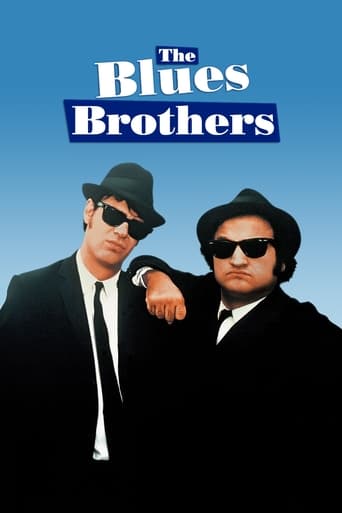Gideon's Trumpet (1980)
True story of Clarence Gideon's fight to be appointed counsel at the expense of the state. This landmark case led to the Supreme Court's decision which extended this right to all criminal defendants.
Watch Trailer
Cast


Similar titles
Reviews
I love this movie so much
Let me be very fair here, this is not the best movie in my opinion. But, this movie is fun, it has purpose and is very enjoyable to watch.
It is a whirlwind of delight --- attractive actors, stunning couture, spectacular sets and outrageous parties.
The story, direction, characters, and writing/dialogue is akin to taking a tranquilizer shot to the neck, but everything else was so well done.
It's the power of Henry Fonda's performance that turns Gideon's Trumpet, the true story of how the right to counsel for all criminal suspects was guaranteed by the United States Supreme Court, into something a bit more than a cheapjack made-for-TV movie. Fonda has enough sense to make Clarence Gideon something less than a hero. Gideon is an intelligent ne'er-do-well, and the viewer grows to dislike him despite his importance in our judicial history. We want him to win, but we certainly don't want him in our house.I don't know if columnist Anthony Lewis' book of the same name has Gideon as, well, as ucky as in the movie, but Fonda, toward the end of his life, seemed unhappy and defeated, and it made his portrayal of Clarence Earl Gideon totally acceptable and believable.The rest of Gideon's Trumpet is ordinary for TV, thrown-together and dumbed-down. John Houseman's misplaced weight behind the production--and his awful miscasting of himself as Earl Warren-- leave the movie feeling washed out and ready for a high school civics class.Except for Fonda, and Mel Ferrer's portrayal as Abe Fortas, we never really buy into the movie. Like the justices themselves, we are nothing much more than intellectual observers.A shame.
In another review, I stated that the "Hallmark Hall of Fame" series was never as good during the last twenty years or so as it had been during its glorious days in the 1950's and '60's. There was one brilliant exception, however, and this is it. "Gideon's Trumpet" can stand up proudly alongside all the other "Hall of Fame" episodes of the past as one of the finest made-for TV films ever made.It tells the true story of Clarence Earl Gideon, an ex-convict who, in the early 1960's, was accused of breaking into and robbing a convenience store in Florida. Claiming innocence, he was forced to serve as his own lawyer because states' laws at that time did not require an accused person to be automatically given a lawyer. Failing miserably at his own defense, he was sent to prison, where, as a model prisoner, he studied up on law and petitioned the U.S. Supreme Court for the right to be granted a lawyer.This phrase has already become a cliché from overuse, but Henry Fonda, in one of his last performances, does not play Clarence Gideon--he IS Clarence Gideon. He inhabits the role so completely that we never believe we are watching Henry Fonda; we believe we are seeing a poor, inarticulate, awkward, somewhat cranky, but basically kind man named Clarence Gideon. Fonda utterly lives the role in a way that he seldom does in his other films (although he was an excellent actor).The other actor who gives a memorable performance is José Ferrer, as Abe Fortas, who pleads Fonda's petition before the Supreme Court. As Fortas, Ferrer gets to do one of the things he does best, and which he had not done to my knowledge since playing "Cyrano de Bergerac"--deliver a long, impressive speech. I don't know how much of the speech was actually taken from the Court hearing and how much was written by the excellent screenwriters, but there are few things as satisfying as an actor who not only gives a great performance, but also delivers a long speech beautifully. The thrill of hearing Ferrer's rich, beautiful voice argue a case before the Supreme Court is enough reason for me to tune in to this film every time it is shown on TV.There is also a cameo from Fay Wray, as Fonda's longtime landlady, and the other Justices of the Court, all of whom are also excellent, consist of such familiar faces as John Houseman, Sam Jaffe, Dean Jagger, and other familiar character actors from television.This great production might strike some viewers brought up only on action films as boring--there is no action at all in it; it's like watching a filmed play--but, believe me, there is not a single boring moment in it, if you appreciate well-written characters and dialogue. And this film avoids all of the drippy sentiment that has plagued "Hallmark Hall of Fame" over the last six years or so. If only this anthology series had stayed on the level of "Gideon's Trumpet".
Watching this flick I kept mulling over how many actors had played lawyers in other movies. Let's see. Lane Smith, of course, in "My Cousin Vinnie" (and "Nixon," I guess), John Houseman in "The Paper Trail," Dean Jagger in "Twelve O'Clock High," Jose Ferrer in "The Caine Mutiny" and "Blood and Orchids," and probably others that I've missed. I kept waiting for E. G. Marshall and John Williams to pop up. Henry Fonda, certainly, brought resonance to his role as well. He was the unjustly convicted Manny Balistrero in "The Wrong Man." And he, too, was a lawyer in "Young Mr. Lincoln." This is pretty well done, both technically and thematically. It's an important story and is refreshingly free of stereotypes. The Florida court that convicts Fonda of burglary is a just one and operates under the law, as it then existed. And Fonda is no rabble rousing spokesman for the little man either. He's been in prison 5 times before, for crimes such as burglary and "possession of government property." (I'd like to hear more about that.) He's not doing this so that "all men will be free" or any of that bunkum. He's doing it because he's angry at having been denied a lawyer simply because he couldn't afford one.As he labors over the law books in the prison library, he shows concern only over the fate of one other inmate, a black guy. This is one of those instances in which the story looks a little corny. Here, and where the writers give Clarence Earl Gideon the charisma of Cool Hand Luke with the other prisoners, an increasing number of them, following him back and forth to the mailbox and the warden's office and cheering loudly when the Supreme Court agrees to his request. (I don't believe they cheered for another man's success; I don't believe the writers ever met an inmate or saw the inside of a penitentiary.) The production had a bit of a problem with the focus puller too. But, that aside, this is really pretty instructive. The Supreme Court evidently agreed to review his case not because they felt sorry for him but because they felt ready for a change in the existing rules about due process. Gideon was the right man in the right place. Luck had a lot to do with his success. Equally interesting is Fonda's performance. He was never a ham and was always minimally expressive. It works here because Gideon is played as a grouchy, angry, taciturn loner who minds his own business. A lesser script would have made him bombastic and articulate but this Gideon stumbles over words while reading aloud. The scene in which Fonda chokes up when he receives the news from Abe Fortas about the Court agreeing to review his case is as moving as it is because Fonda underplays it. Dare I suggest that in this film, playing a skinny, tattooed, unfriendly convict, he does a better job than he did in his convict's role in Hitchcock's movie? Or even that this is one of his best performances, period? The photography and locations are pretty good too. The stale, almost empty courtroom during Fonda's trial, the silence and boredom of all involved, rather match the almost sensible heat of the Florida summer and the interiors baking under the sun. Lane Smith, as Fonda's counselor in his retrial, is simply great -- sneaky and dark, almost villainous in the glee with which he attacks the prosecution's witnesses and frees Fonda. What a contrast to his performance as the affable prosecutor in "My Cousin Vinnie." Hallmark Productions are often soporific or -- let me say -- family oriented, but this one makes a few demands on a viewer, all for the good. Watch it if you have the chance. It doesn't seem to be on very often.
I wouldn't define this movie as being great. It was good, but not great. It was interesting though. I had to watch this for my criminal justice class, and I was riveted to it. I learned a lot about how our courts worked and how reforms in them were made so people who couldn't afford an attorney still had the right to have one. Based on a true story, Clarence Gideon was convicted of a crime he did not commit. But the movie centers around how he was deprived of his right to an attorney, and how he fought in prison to make clear that he did not have a fair trial. I thought it was well done, and Henry Fonda was very good in the role of Clarence Gideon. Only drawback, this should have been released in theaters. The camerawork of the courtroom and the long shots of Clarence Gideon confessing his history are great. The opening shot is the best scene of the film, which is seen in it's entireity later. Henry Fonda looks right into the camera, right at you, and as Clarence Gideon, he gives you his background. Ingenious. I wish there could be more movies with scenes as subtle and as profound as this. The other scene I liked was when Gideon is retried with an experienced lawyer, and when the first witness falsely claims Clarence Gideon is the culprit, the lawyer cuts him down with words and facts. This movie is good, but it's not a monumental achievement. I would highly recommend it to you though. It's got the qualities a good film should have: a good story and good acting. And lawyers or people involved in law alike will find it very interesting.

